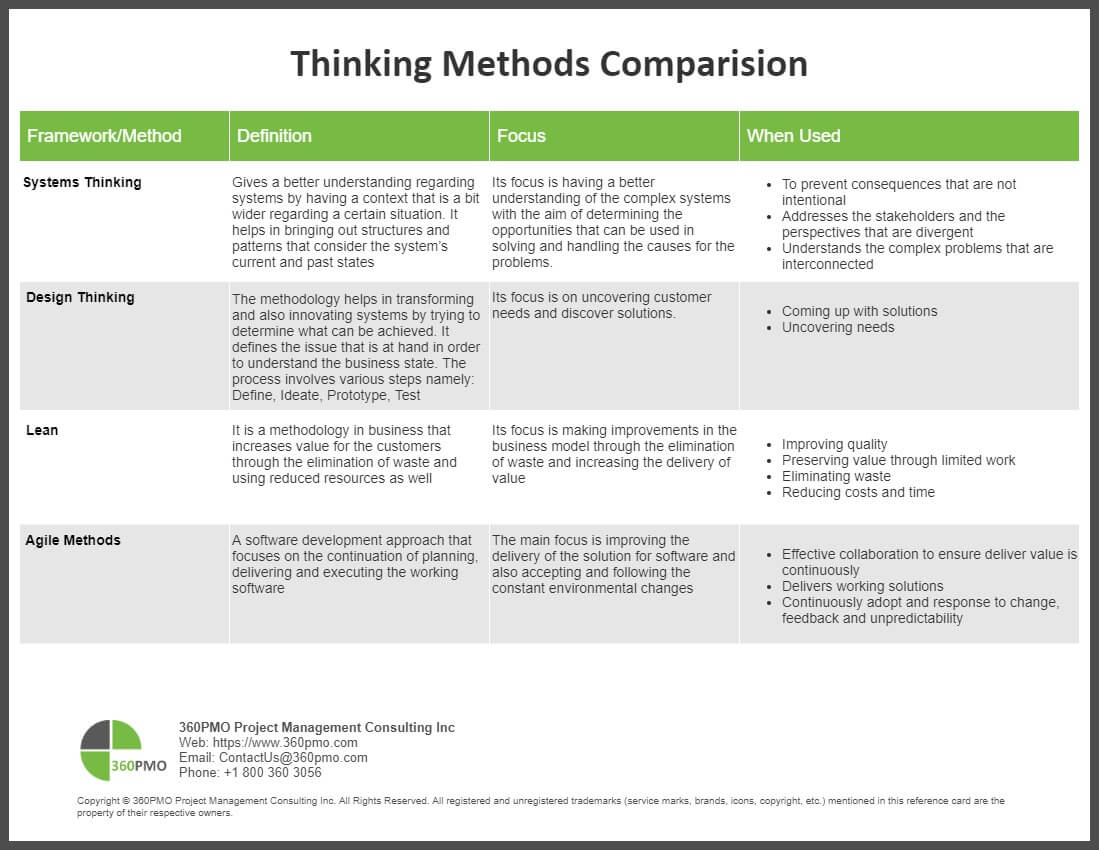Sociocracy, Collaboration Framework for Evolving Effective, Resilient and Agile Organizations
Sociocracy 3.0 is a collaboration framework that works to improve the efficiency of agile organizations. Unlike the other types of collaboration frameworks, Sociocracy will support the organization from the stage where the organization has reached. This is achieved by improving the products and services at the pace of the organization and enhancing transparency.
One of the unique traits of Sociocracy 3.0 is the fact that it will help the organization to utilize the best talent that already exists and enhance the growth of the structures, which promote effective collaboration. Sociocracy 3.0 is commonly referred as Circle Forward or Dynamic Governance and has been integrated with the lean and agile type of thinking of the 21st century.
Why use Sociocracy 3.0?
Sociocracy is quite versatile and has a great history that dates back to 1851. This is one of the best collaboration frameworks, which combines thoughts and principles from different people and organizations, including The Sociocracy Group, Gerard Endenburg, and Brian Robertson.
However, it is not quite popular, and most organizations do not know about it. This would be a great tool to have and is applicable to any type of organization, irrespective the size or nature of trade. Sociocracy uses an un-centralised model of distribution, and this makes it easier for individuals as well as organizations to relate to it. Sociocracy used two main strategies to ensure that the distribution is viral:
Sociocracy is Open
Since the team intends to help the growth of this framework, it is open, and this gives room to the users to bring in their creativity without any restrictions. There is an emphasis on adaptations and explicit communication, to everyone, so as to extend the framework.
Sociocracy is Free
There are no barriers in terms of cost implications since the framework is absolutely free of charge. All the resources that are included in this collaboration framework come with a free license so as to enhance learning, teaching and practicing. You have direct permission to use the framework, even on commercial platforms. You can build your own resources using the tools, and the expectation is that you will share the new resources that you have, using the same license.
Development of the Method
As much as Sociocracy 3.0 is fully developed, it does not target a specific community or organization. The direct experience of the team and the feedback that has been gathered from other organizations, there are some challenges that seem to hinder the use of this framework. The team has been working tirelessly to eradicate anything that may be hindering the proper use of the framework. Here are some of the practical steps:
Resistance and Risk Management
Sociocracy 3.0 uses the Kanban Method to introduce changes so as to ensure that the continued growth is not affected and no radical changes are brought in. This makes it easier to reduce any risks and resistance to change.
Focuses on Need
Sociocracy 3.0 has a new approach in that it does not mainly focus on the vision, mission and the aim of the organization. Instead, it focuses on the needs of the organization by looking at the source of motivation, and this is easier to relate to.
Offers the Necessities
Sociocratic method of collaboration focuses on the essentials only and not the other factors that may not be necessary. It has been designed as a lightweight collaboration framework.
Integrated with Agile and Lean Thinking
It is designed in such a manner that it can be adapted easily by the agile and lean organization. It integrates with guides for Scrum and the Lean Startup method.
Principles of Sociocracy 3.0
Sociocracy 3.0 is built on seven key principles that make it a suitable collaboration framework for all types of organizations.
1. Principle of Empiricism
This principle emphasizes on the need to gain knowledge through experience in the organization. The system enhances the learning process so as to check the context and get to differentiate between the assumptions and the reality. This makes it easier to adapt to change in a continuous manner.
2. Principle of Consent
In terms of making decisions, the system will promote the culture of group wisdom. This supersedes any individual abilities of thoughts. Collective intelligence is enhanced, and this will make it easier to notice any misunderstanding way in advance and come up with support systems and accountability.
3. Principle of Effectiveness
This is a principle that encourages the team to dedicate time to the things that help in achieving the goals. This will avoid any impediments leaving the option to try things that are good enough and safe.
4. Principles of Equivalence
Everyone has a right to object a decision that affects them, by reason and they can withdraw consent. The position, rank, role or the function does not get preference in decision-making.
On the basis of reasoned objection, anyone affected by a decision has the power to withdraw consent.
5. Principles of Transparency
Anyone in the organization can access all the information. All confidential information requires consent and the relevant information is updated. The historical data is kept safe for reference purposes.
6. Principle of Continuous Improvement
Sociocracy 3.0 encourages evolution, in terms of products, skills, guidelines, strategies and so on. The organization will transform what is already in existence in small milestones. This lowers the risk levels and promotes empirical learning.
7. Principle of Accountability
This is aimed at helping track the growth in the organization. Everyone is obligated to do what they have committed to and take responsibility when they do not. This applies to the groups, individuals and the organization at large. This promotes the culture of self-accountability.
How Does Sociocracy 3.0 Work?
Sociocracy 3.0 works in small circles where the work in organized in semi-autonomous and self-planning teams. There are different structural patterns that are combined to give the right scale for the organization. The alignment is towards the values and shared motivation in the circles and organizations.
At the end of it, all Sociocracy 3.0 believes that evolution in an organization will only happen when there are small and natural steps taken. It used the Kanban Method where the flow of information is aligned to the flow of the shared values and motives.


